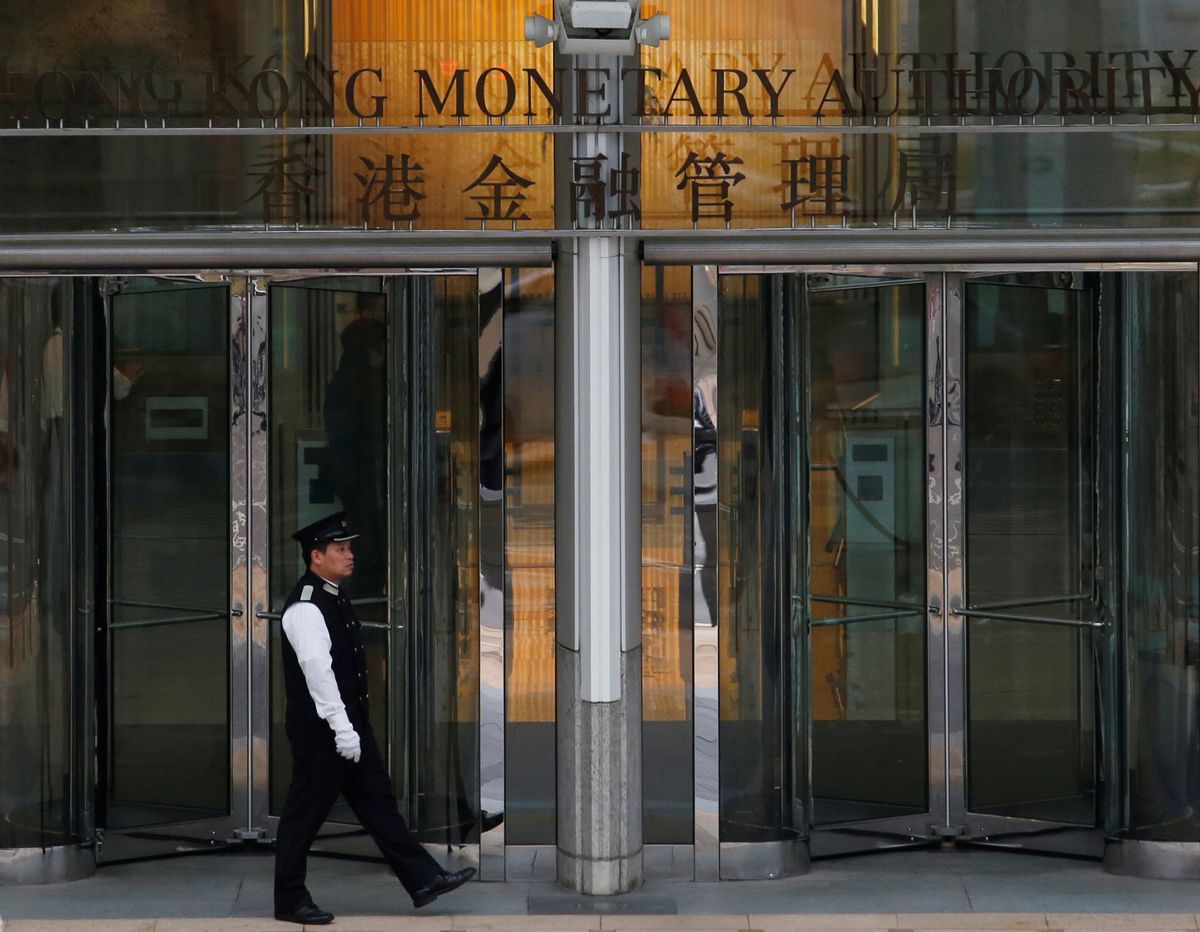Hong Kong and its banks hike interest rates following the Fed’s hawkish stance
Hong Kong's monetary policy has been pegged to the US dollar since 1983, in a close range between 7.75 to 7.85 Hong Kong dollars against the greenback.

A few minutes every morning is all you need.
Stay up to date on the world's Headlines and Human Stories. It's fun, it's factual, it's fluff-free.
Hong Kong's monetary policy has been pegged to the US dollar since 1983, in a close range between 7.75 to 7.85 Hong Kong dollars against the greenback. So, when the Hong Kong dollar moves outside this range, the Hong Kong Monetary Authority (HKMA) will intervene and try to fix it. HKMA and the city's banks have been keeping their rates on a steady level, but as the US Fed began to aggressively hike rates this year to try and cool down inflation, the city will tend to follow suit.
After the Fed raised interest rates by 75 basis points on Wednesday, it spooked the US market. Hong Kong hiked its rate a few hours after the Fed, and so did HSBC, the city's largest commercial bank. Other banks are expected to follow in their footsteps.
The HKMA raised its base rate by 75 basis points, from 3.50% to 4.25%, to align with the Fed. HSBC will also increase its key interest rates by 25 basis points to 5.375% starting today. HKMA CEO Eddie Yue warned the city to brace for high commercial rates and carefully manage financial risks.
Key comments:
"If the US continues to raise interest rates, it is expected that the Hong Kong dollar interbank rates will continue to rise. The public should be prepared for the commercial interest rates to rise further, and carefully assess and manage the relevant risks when making property purchase, mortgage or other borrowing decisions," said the chief executive of HKMA, Eddie Yue.
"The economic situation has been challenging but if we're able to put COVID-19 under control, if we're able to continue to have travelings between Hong Kong and the rest of the world, that would provide added impetus to our economic growth," said Hong Kong's financial secretary Paul Chan.
"The outflow from the banks' current and savings accounts to other banks and to US dollar deposits may start to exert pressure" on Hong Kong's banks, said Tommy Ong, managing director of T.O. & Associates Consultancy. "An increase of 0.125% on both the prime rate and savings rate seems the most palatable option to them."




Comments ()